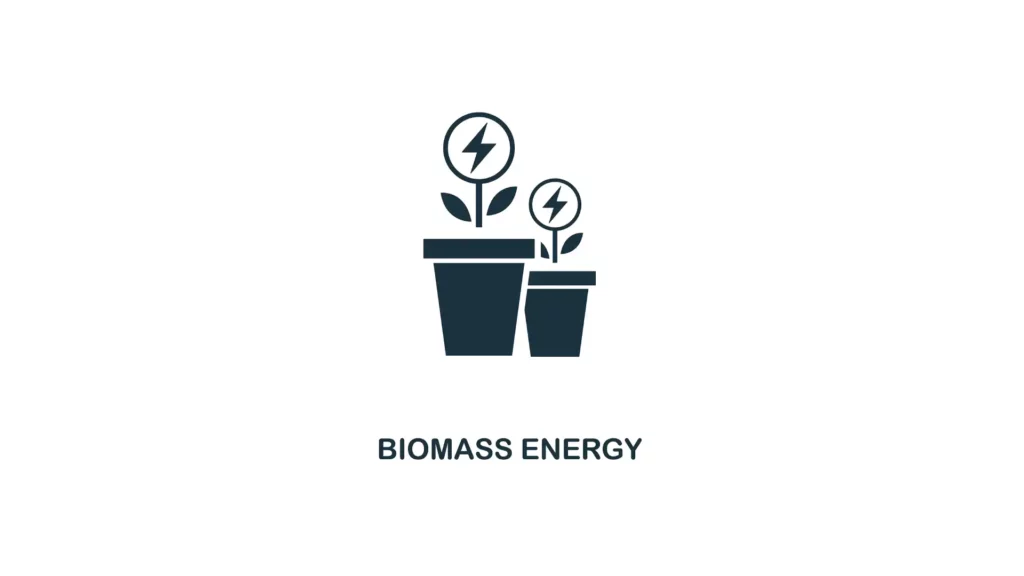Biomass Energy Source Pros and Cons
In our quest for sustainable and renewable energy solutions, biomass energy has emerged as a significant contender.
As the world grapples with the challenges of climate change, energy security, and the need for sustainable development, the exploration of alternative energy sources has become imperative.
Biomass energy, being one of the oldest forms of energy used by humans, offers a blend of traditional and innovative technology solutions for our current energy needs.
This comprehensive guide delves into the biomass energy source, highlighting its pros and cons, to provide you with a balanced perspective on its viability and sustainability as an energy solution.
What is Biomass Energy?
Biomass energy is produced from organic materials, such as plant and animal waste. This renewable energy source is derived from biomass to generate electricity, produce heat, and even fuel vehicles.
Biomass materials include agricultural residues, wood and wood waste, energy crops, and the organic component of municipal and industrial wastes.
The process of converting these materials into energy can be achieved through various methods, including combustion, gasification, pyrolysis, and anaerobic digestion.
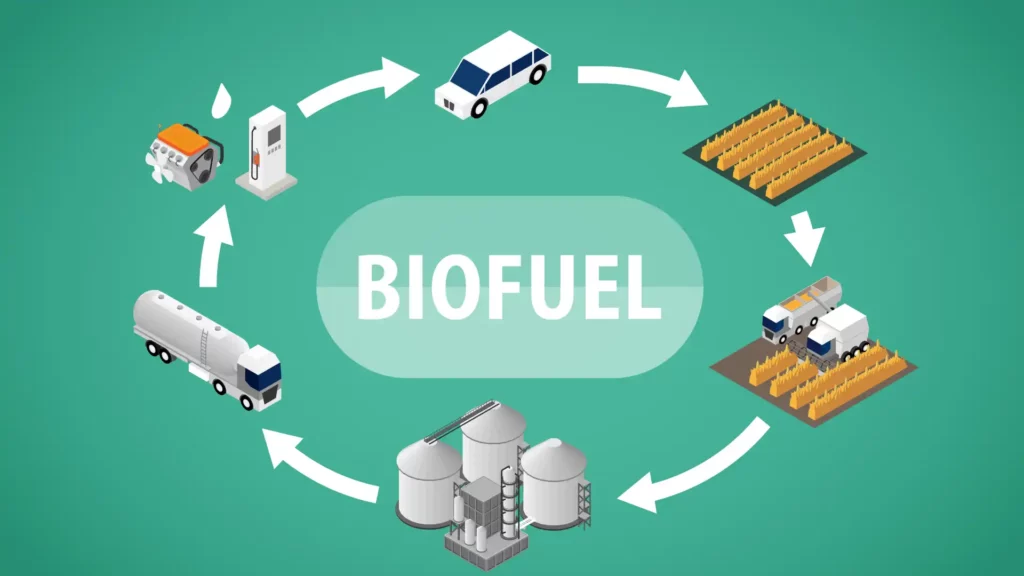
Types of Biomass Energy Sources
- Wood Biomass: Wood has been used as a source of energy for millennia, from traditional firewood to modern wood pellets and chips. It remains one of the most widely utilized biomass resources due to its abundance and versatility.
- Agricultural Biomass: Agricultural residues, such as crop residues, straw, and husks, can be converted into energy through processes like anaerobic digestion, combustion, or biochemical conversion.
- Organic Waste: Organic waste materials, including food waste, animal manure, and sewage sludge, can be treated through anaerobic digestion or incineration to produce biogas or electricity.
- Dedicated Energy Crops: Certain crops, such as switchgrass and miscanthus, can be grown specifically for energy production, offering a sustainable alternative to conventional crops for biofuel production.
Benefits of Biomass Energy
- Renewable: Biomass energy relies on organic materials that can be replenished through sustainable practices, ensuring a continuous supply for energy generation.
- Carbon Neutral: While the combustion of biomass releases carbon dioxide, the carbon emitted is part of the natural carbon cycle, as plants absorb CO2 during growth. This makes biomass energy carbon neutral when managed sustainably.
- Waste Management: Biomass energy provides an opportunity to divert organic waste from landfills, reducing methane emissions and mitigating environmental pollution.
- Energy Security: By diversifying energy sources and promoting local production, biomass energy contributes to energy security and resilience against supply disruptions.
- Rural Development: Biomass energy projects often stimulate rural economies by creating jobs in biomass production, processing, and distribution, thereby fostering economic growth and community development.
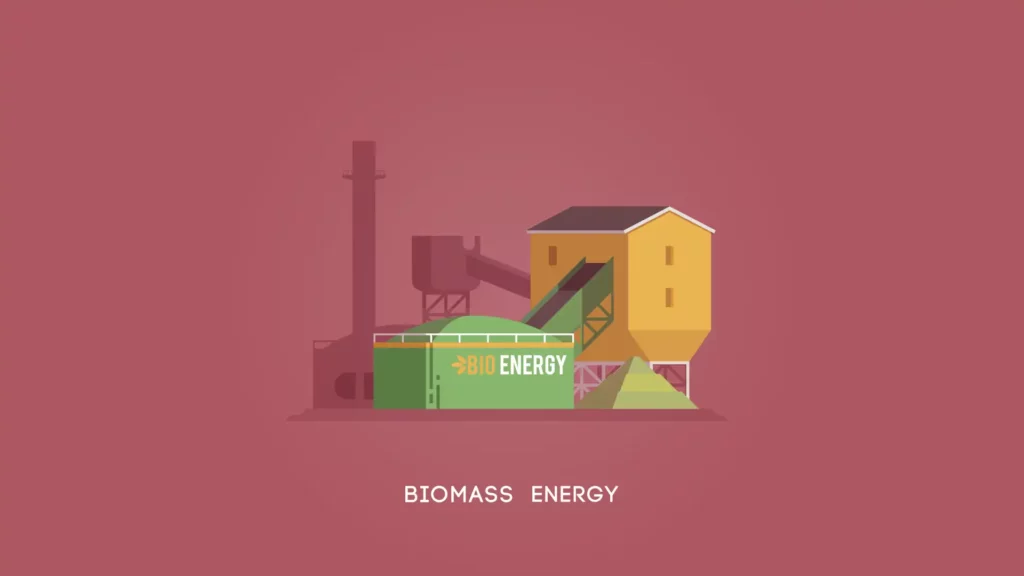
Applications of Biomass Energy
- Electricity Generation: Biomass power plants utilize combustion or gasification technologies to generate electricity, providing a reliable and renewable energy source for the grid.
- Heat Production: Biomass boilers and furnaces can produce heat for residential, commercial, and industrial applications, replacing fossil fuel-based heating systems and reducing emissions.
- Biofuels: Biomass can be converted into liquid biofuels, such as biodiesel and ethanol, which can be used as transportation fuels or blended with conventional fuels to reduce greenhouse gas emissions.
- Combined Heat and Power (CHP): CHP systems, also known as cogeneration, simultaneously generate electricity and heat from biomass, increasing overall efficiency and reducing energy costs.

Pros and Cons of Using Biomass as an Energy Source
Biomass Renewable Energy Pros and Cons are pivotal considerations in the ongoing dialogue surrounding renewable energy. Let's dissect the biomass energy pros and cons list:
Pros of Biomass Energy Source
- Renewable Resource: Biomass is renewable, sourced from organic materials that can be replenished through sustainable practices.
- Reduced Greenhouse Gas Emissions: Biomass can help reduce greenhouse gas emissions by utilizing carbon from the natural carbon cycle.
- Utilization of Organic Waste: Biomass helps reduce landfill waste by converting organic waste into energy.
- Energy Security: Biomass promotes energy security by reducing reliance on imported fossil fuels.
- Rural Employment: Biomass projects create jobs in rural areas, fostering economic growth.
- Versatility and Flexibility: Biomass can be converted into different energy forms to meet various needs.
- Carbon Neutrality Potential: Biomass production can achieve carbon neutrality under certain conditions.
Cons of Biomass Energy Source
- Competing Land Use: Biomass cultivation may compete with land used for food production.
- Carbon Emissions and Air Pollution: Biomass combustion can release pollutants, contributing to air pollution.
- Impact on Biodiversity: Intensive biomass production can harm biodiversity and disrupt ecosystems.
- Water Consumption and Quality: Biomass operations may strain water resources and affect water quality.
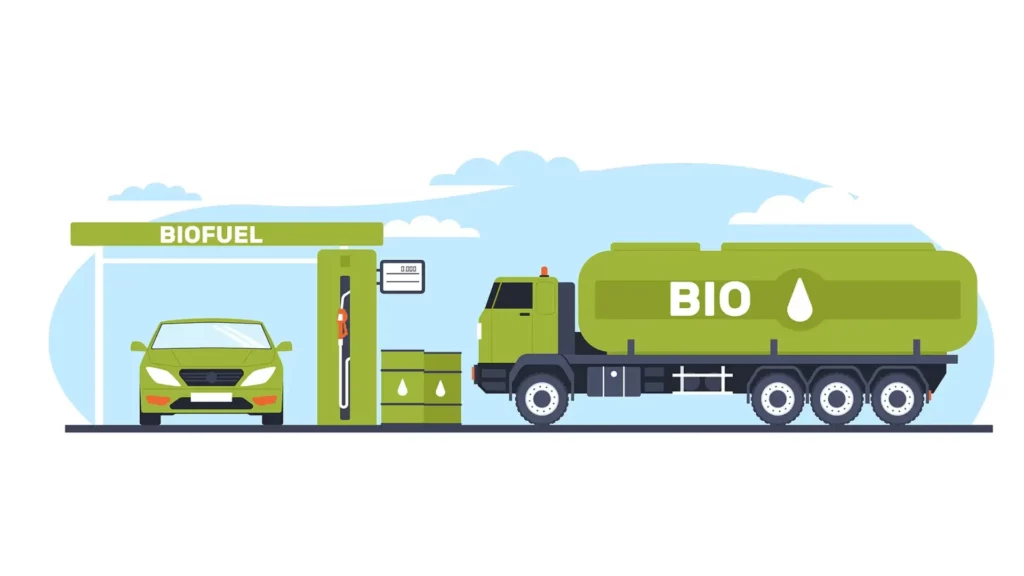
Biomass Energy Reliability: Ensuring a Stable and Consistent Energy Source
As we explore the potential of biomass energy as a sustainable alternative, it's crucial to address the aspect of reliability.
Biomass energy reliability refers to the consistency and dependability of biomass as an energy source, particularly in meeting the demands of various applications and sectors. Let's delve deeper into this critical aspect.
- Ensuring Continuous Supply
The reliability of biomass energy depends on the availability of biomass feedstock. Unlike wind and solar energy, which rely on weather, biomass energy can provide a continuous supply. Biomass feedstock, like wood and organic waste, can be stored for a long time without losing its energy content. With efficient storage and logistics systems, biomass power plants can ensure uninterrupted energy production.
- Redundancy and Backup Systems
To make biomass energy systems more reliable, redundancy and backup systems are essential. Biomass power plants have backup generators and redundant components to prevent downtime from equipment failures or maintenance. These backup systems ensure continuous energy production, boosting the reliability of biomass energy for electricity and heat.
- Grid Integration and Flexibility
Integrating biomass energy into existing infrastructure improves reliability. Biomass power plants can provide grid services like frequency regulation and voltage support, enhancing stability. They also offer flexibility to adjust output levels, optimizing reliability and efficiency.
- Reliability Standards and Best Practices
Adhering to industry standards and best practices is vital for reliable biomass energy systems. Regular maintenance, monitoring, and optimization are key to maximize uptime and minimize downtime. Advanced technologies and predictive maintenance strategies improve overall reliability and performance.
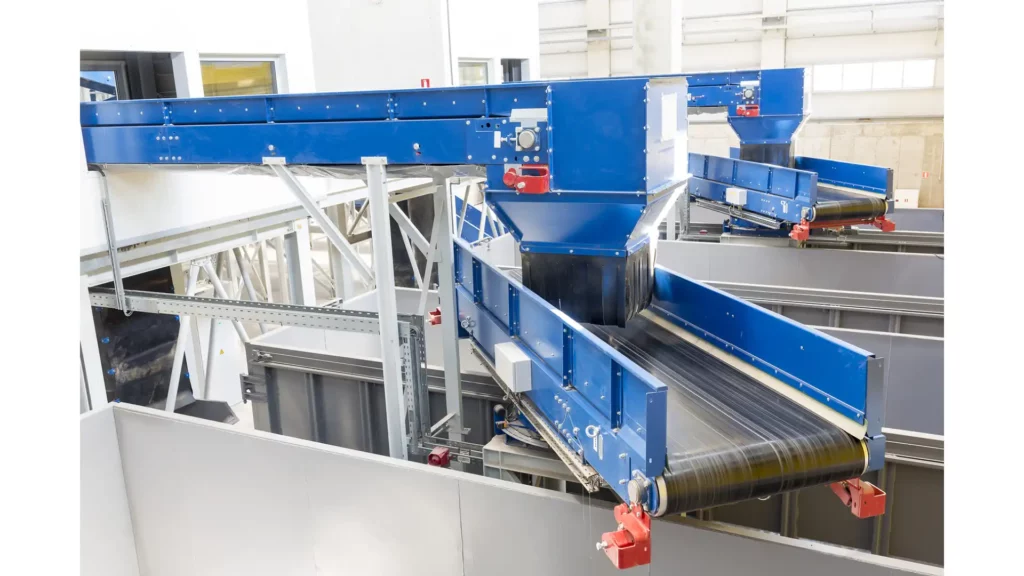
Future of Biomass Energy Pros Cons
As we look ahead to the future of energy production, biomass energy emerges as a compelling contender in the renewable energy landscape.
However, like any technology, it comes with its own set of advantages and challenges. Let's explore the potential future trajectory of biomass energy, considering both its benefits and drawbacks.
Pros:
- Sustainability: One of the most significant advantages of biomass energy is its sustainability. Unlike finite fossil fuels, biomass resources can be replenished through sustainable practices such as afforestation, crop rotation, and organic waste management. This ensures a continuous and reliable source of renewable energy for generations to come.
- Carbon Neutrality: Biomass energy is considered carbon neutral on a lifecycle basis, meaning that the carbon dioxide emitted during combustion is offset by the carbon absorbed during plant growth. This makes it an attractive option for reducing greenhouse gas emissions and combating climate change, particularly when compared to fossil fuel alternatives.
Cons:
- Land Use Competition: One of the primary challenges facing the future of biomass energy is competition for land use. Dedicated energy crops require agricultural land, which may compete with food crops and natural habitats, raising concerns about food security, biodiversity, and land use conflicts.
- Technological Limitations: Despite advancements in biomass conversion technologies, there are still technological limitations that need to be addressed to fully realize the potential of biomass energy. Challenges such as low energy density of biomass feedstocks, inefficient conversion processes, and high capital costs hinder widespread adoption and scalability.
Frequently Asked Questions (FAQs) about Biomass Energy
What is the difference between biomass energy and other renewable energy sources like solar and wind?
Biomass energy is derived from organic materials, such as plants and animal waste, while solar energy is harnessed from sunlight and wind energy from the movement of air. Unlike solar and wind energy, which are intermittent and dependent on weather conditions, biomass energy can be produced continuously, providing a reliable source of power.
Is biomass energy truly carbon neutral?
Biomass energy is considered carbon neutral when managed sustainably because the carbon emitted during combustion is offset by the carbon dioxide absorbed by plants during photosynthesis. However, it's essential to ensure that biomass resources are harvested and utilized in a sustainable manner to maintain this carbon neutrality.
How does biomass energy contribute to waste management?
Biomass energy offers an environmentally friendly solution for managing organic waste, such as agricultural residues and food waste. By converting these materials into energy through processes like anaerobic digestion or combustion, biomass energy helps divert waste from landfills, reducing methane emissions and minimizing environmental pollution.
What are the main challenges associated with biomass energy production?
Some of the primary challenges include ensuring the sustainable management of biomass resources, addressing land use and competition issues, minimizing emissions and air quality impacts, and advancing technological developments to improve efficiency and cost-effectiveness.
Can biomass energy production compete with food production?
While there are concerns about competition between dedicated energy crops and food crops for agricultural land, it's essential to note that biomass energy production can be integrated into existing agricultural systems without compromising food security. Additionally, focusing on non-food biomass sources, such as agricultural residues and forestry waste, can help alleviate these concerns.
What are the potential economic benefits of biomass energy?
Biomass energy projects have the potential to stimulate rural economies by creating jobs in biomass production, processing, and distribution. Furthermore, biomass energy can enhance energy security by promoting local production and reducing reliance on imported fossil fuels, thereby contributing to economic stability and resilience.
How can individuals and businesses incorporate biomass energy into their energy portfolio?
Individuals and businesses can consider various options, such as installing biomass boilers or furnaces for heating purposes, investing in small-scale anaerobic digestion systems for organic waste treatment, or supporting community-based biomass energy projects. It's essential to assess the feasibility, cost-effectiveness, and sustainability of biomass energy options based on specific circumstances and needs.
What role does government policy play in promoting biomass energy development?
Government policies and incentives, such as renewable energy targets, feed-in tariffs, tax credits, and subsidies, can significantly influence the growth of the biomass energy sector. By providing regulatory certainty and financial support, policymakers can encourage investing in bioenergy infrastructure and technology innovation, facilitating the transition to a more sustainable energy future.
Pros and Cons Biomass Energy Conclusion
The exploration of the pros and cons of biomass energy reveals a complex picture of its potential as a sustainable energy solution. While biomass energy offers significant advantages, including its renewability, potential for waste reduction, and economic benefits, it also faces challenges related to costs, environmental impacts, and efficiency.
The future of biomass energy depends on our ability to innovate, implement sustainable practices, and integrate it effectively within the broader renewable energy landscape.
As we continue to search for sustainable energy solutions, the comprehensive understanding of biomass energy source pros and cons provided in this guide serves as a foundation for informed decision-making and policy development.
The transition to a sustainable energy future requires a balanced approach, leveraging the benefits of biomass energy while addressing its challenges head-on.

